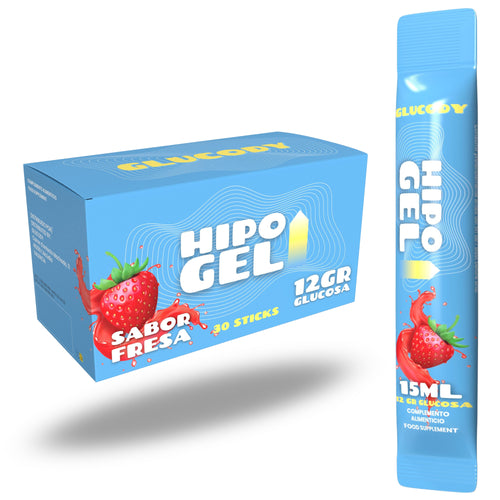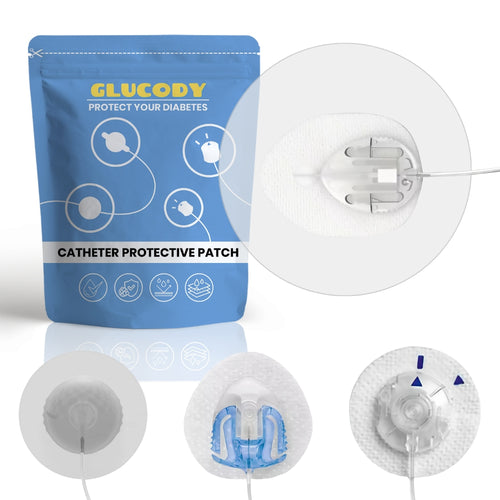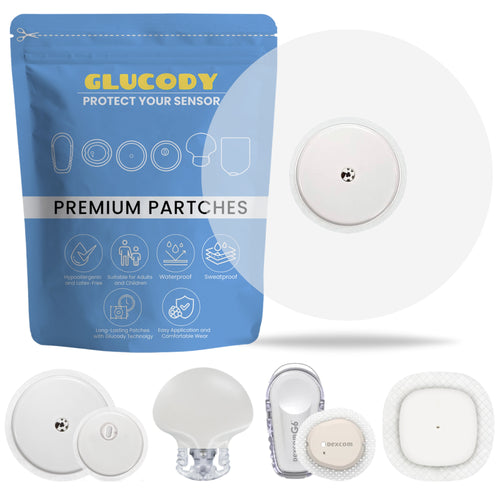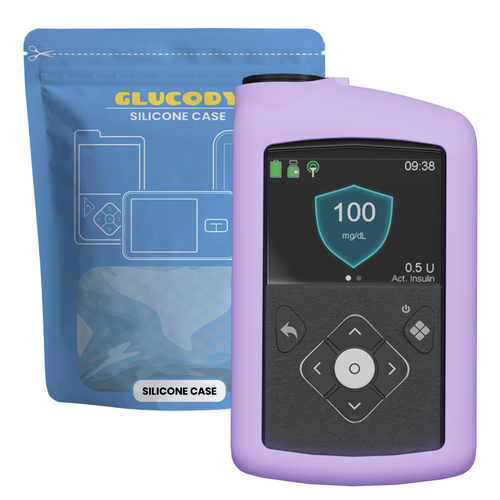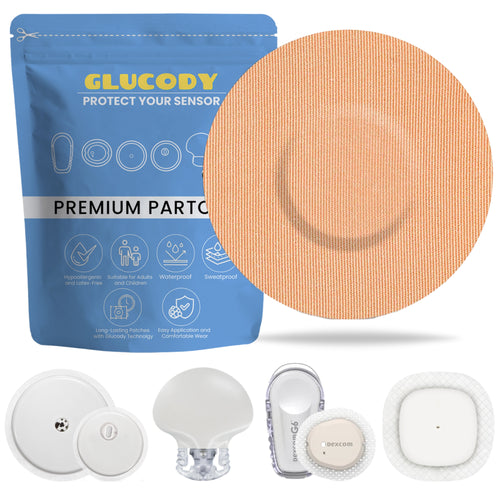One of the most common doubts among people with diabetes, and even healthy people, is whether the sweetener is bad for diabetes or not. The doubt arises because, unlike sugar, sweeteners do not sharply raise blood glucose levels.
However, its consumption also requires caution, so the answer is not absolute. It depends on the type of sweetener chosen, that they are used in a controlled manner, and the context of the diet (within a balanced diet).
Also, it is important to remember that no alternative replaces the need to always have quick and safe options to correct a drop in glucose. Products like glucose tablets German Glucody, are part of the basic kit for anyone with diabetes, as they allow immediate and effective treatment of hypoglycemia.
What are sweeteners?
Sweeteners are substances that provide a sweet taste without supplying the same calories or raising blood glucose levels as common sugar does. There are two main categories:
-
Natural sweeteners: come from natural sources and, in some cases, contain minimal calories.
-
Artificial sweeteners: are created in laboratories, have a sweetening power much higher than sugar, and usually contain no calories.
Their use in people with diabetes has increased because they allow maintaining the pleasure of sweet taste without disrupting blood glucose, as long as they are used in appropriate amounts.
The European Food Safety Authority (EFSA) and the FDA (U.S. Food and Drug Administration) have approved several types of sweeteners as safe for human consumption, even in people with diabetes.

Difference between natural and artificial sweeteners
To know if a sweetener is bad for diabetes, the first thing is to understand that not all work the same. The origin and composition make a big difference in their impact on health. The key is to distinguish between natural-origin sweeteners and artificial types, as each group has specific advantages and limitations for people with diabetes.
Natural sweeteners
Natural sweeteners include options like honey, agave syrup, or stevia. Within this category, stevia sweeteners are especially recommended because they have no calories and do not affect blood glucose levels. Additionally, they are easy to find in liquid or powder forms and are ideal for sweetening coffee, infusions, or homemade desserts.
Artificial sweeteners
Among the most common are aspartame, saccharin, and sucralose. They have a sweetening power up to 200 times greater than sugar and are usually used in processed products like "light" or "zero" sodas. Although most studies support their safety, excessive consumption can cause digestive discomfort in some people.
What is recommended is to always ask yourself, "which is the healthiest sweetener?" before choosing. For many people with diabetes, stevia and erythritol are considered safer and more natural options, always within a balanced diet.
Do they have a negative effect on people with diabetes?
The short answer is no. Of course, as long as they are used moderately and within the amounts recommended by health organizations. However, it is important to keep certain points in mind, including:
-
They do not substitute medical treatment: Sweeteners do not replace medication or glucose control.
-
Impact on eating habits: Abusing sweeteners can maintain dependence on sweet taste, making it difficult to adopt a more balanced diet.
-
Side effects: In excess, some artificial sweeteners can cause gastrointestinal discomfort, such as gas or diarrhea.
-
Risk of confusion: "Sugar-free" products may contain carbohydrates that also affect blood sugar, so it is always advisable to read labels.
So, the key is knowing which ones are most suitable and in what amounts to consume them.
Precautions and advice
When we talk about sweeteners and diabetes, we must consider both the risks and practical recommendations. Below, we provide you with a clear guide to both:
Precautions
-
Do not overconsume: Although low in calories, excess can alter intestinal flora or cause digestive discomfort.
-
Avoid false security: A "sugar-free" product may contain carbohydrates that also raise glucose.
-
Control dependence on sweets: Abusing sweeteners can maintain the habit of constantly needing sweet flavors.
-
Attention to side effects: Some artificial sweeteners can cause gas, diarrhea, or discomfort if consumed in excess.
-
Consult individual conditions: each person with diabetes may react differently, so it is advisable to talk to a doctor before introducing new products into your diet.

Tips
-
Choose natural options: sweeteners with stevia and erythritol are the most recommended for people with diabetes.
-
Respect safe daily amounts: follow EFSA or FDA guidelines on the maximum recommended dose.
-
Always read labels: identify added ingredients and hidden carbohydrates in processed products.
-
Alternate different types: using more than one natural sweetener can help avoid flavor saturation or possible side effects.
-
Don't forget the essentials: sweeteners do not replace the need to always have glucose tablets to treat hypoglycemia quickly and effectively.
In summary, are sweeteners safe for diabetics?
The answer is yes, as long as they are used responsibly and within the framework of a balanced diet. Sweeteners are not a magic solution, but they are a practical tool to maintain sweet flavor in the diet without compromising glycemic control.
Used strategically, they help enjoy a variety of foods and drinks without spiking glucose. Sweeteners with stevia stand out as a safe and natural option, while others like sucralose or aspartame can be consumed occasionally without issue.
At Glucody, we want to accompany you in your daily life with clear information and products designed for your well-being. From accessories for the care of glucose monitoring devices to glucose tablets to prevent risks.
Contact us today, our mission is to make your life easier and safer.


